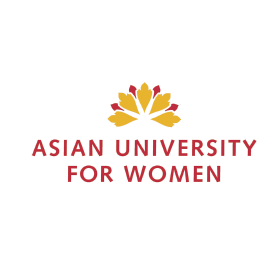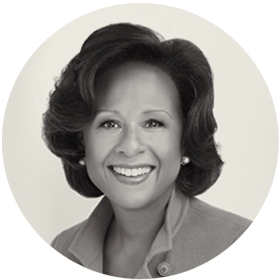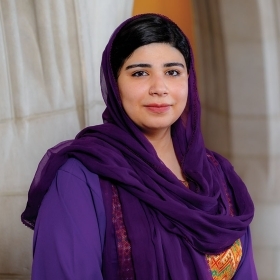In January, President Johnson hosted a virtual roundtable attended by leaders in higher education, business, and government to generate ideas for supporting Afghan women’s education and empowerment, in collaboration with the Asian University for Women.

In January, President Paula A. Johnson hosted a virtual roundtable attended by leaders in higher education, business, and government to generate ideas for supporting Afghan women’s education and empowerment, in collaboration with the Asian University for Women (AUW) in Chittagong, Bangladesh.
AUW—which is modeled after liberal arts women’s colleges like Wellesley—attracts students from 17 countries in the region, most of whom are low-income and on scholarships, with the goal of educating and empowering women leaders. Students from Afghanistan are the second largest group at the school.
In August 2021, as the Taliban returned to power, AUW coordinated the evacuation of 148 of its students and alumnae from Afghanistan, where they had been studying remotely due to the pandemic. With those women safely studying at U.S. colleges and universities, AUW turned its attention to the hundreds of thousands of young women in Afghanistan cut off from education, and admitted an incoming cohort of 500 Afghan women it plans to bring to AUW this year. It also created a master’s of education program, geared toward women who are interested in creating new schools within underserved locations, including in refugee settlements.
“Like Wellesley, the Asian University for Women believes in the transformative power of women’s education. We are proud to support AUW’s bold effort to educate 500 Afghan students and empower them to go on to educate women in refugee camps around the world,” says Johnson. As of March 15, 175 women had arrived at AUW from Afghanistan.
The January roundtable was attended by former U.S. Secretary of State Hillary Rodham Clinton ’69; Dipu Moni, the minister of education of Bangladesh; John Palfrey, president of the MacArthur Foundation; business leaders including Abby Johnson, CEO and chairman of Fidelity Investments, and Jean Hynes ’91, CEO of Wellington Management; international women’s rights expert Rangita de Silva de Alwis, associate dean of international affairs at the University of Pennsylvania Law School; Kamal Ahmad, founder of AUW; and Cherie Blair, chancellor of AUW.
Johnson has begun conversations with other higher education leaders about ways to support Afghan women’s education, and the College is considering creating opportunities for Wellesley students and alums to support the AUW’s work.


